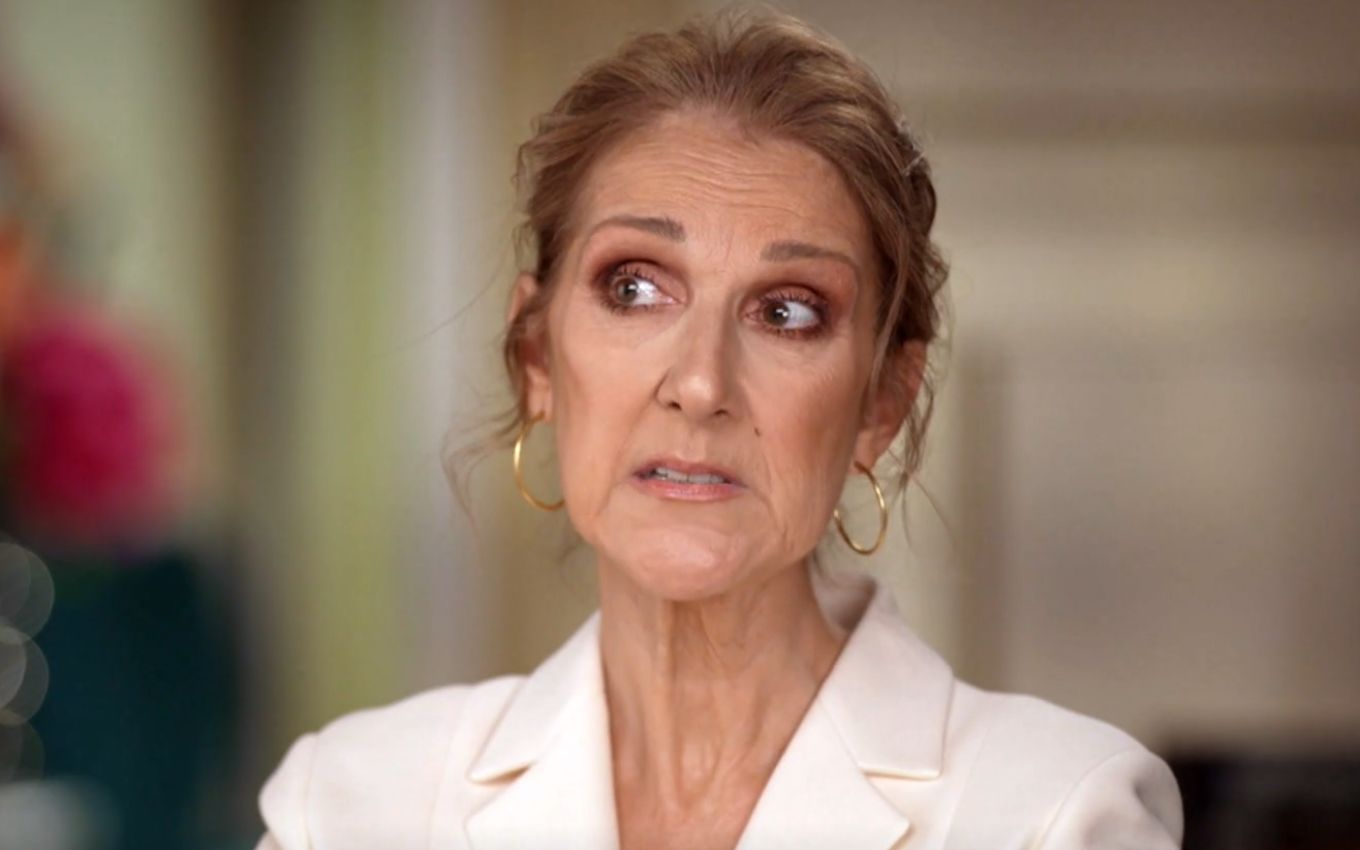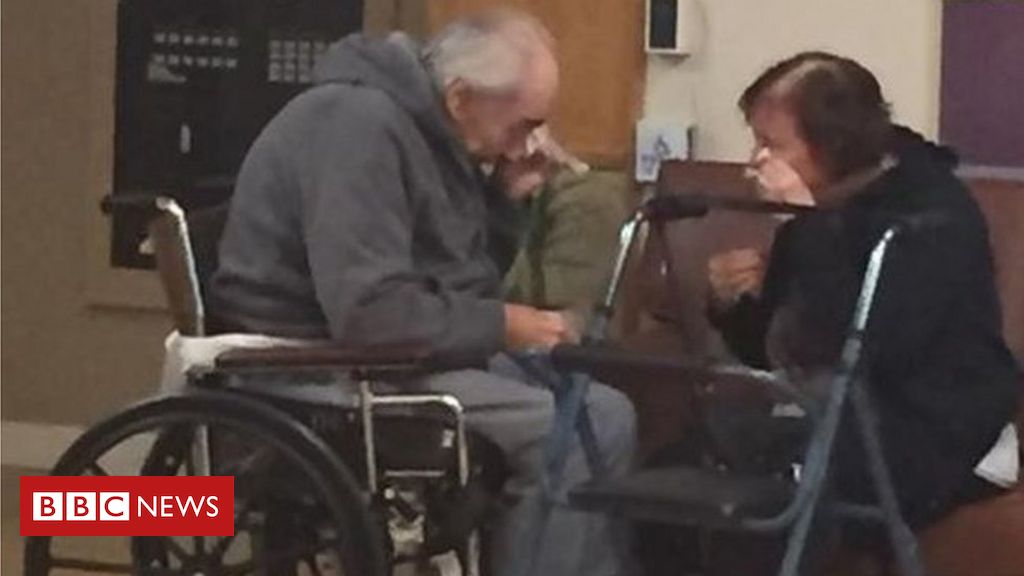The new Yanomami and Yek’uana Special Indigenous Health District (Dsei-YY) coordinator, Leandro Alves Lacerda, 46, is under investigation by Roraima Civil Police on suspicion of embezzling R1,700 $ from a Yanomami native’s bank account. The affair took place in March 2014 and was reported by the native to Dsei-Y.
The case is being investigated by the Civil Police of the 1st Police District, who are investigating whether there has been an offense of embezzlement.
The victim said that at the time, Leandro, who was working as a nurse technician, took him to a bank branch and helped him withdraw R$500, which he had in his possession. Later, the native returned to the bank and did not find the rest of the amount he expected to have in the account.
With the help of another server, the victim pulled out the bank statement proving the transfer of money to Leandro Lacerda’s account. The action, according to the victim, was not consensual.
Wanted, the coordinator Leandro declared that “there is no file, just an investigation without evidence, made by a slanderous denunciation”. He still intimidated the reporting team and said he would take “appropriate legal action” if the case was published in the g1.
Investigations began in 2016, when the then Health District Coordinator, Maria de Jesus do Nascimento, referred the case to the Federal Public Prosecutor’s Office of Roraima, which transferred it to the State Public Prosecutor’s Office of Roraima ( MPRR) for investigation.
In an official letter, the Dsei-Y reported that Leandro worked as a nursing technician and did not work in the training sector. For this reason, he was not authorized to accompany the natives on purchases or to assist them in banking transactions.
In the complaint, the coordinator also flagged the suspicion that the server had sold firearms to some indigenous people in the area and requested steps to investigate the matter.
“Reports show that this same official, taking advantage of his closeness and trust with the natives, sold firearms for some natives to take back to their communities,” reads an excerpt.
Because it is not a federal crime, the department referred the case to civil. In November 2022, six years after the case, the agency gave civilian police 90 days to complete investigations.
Solicited by g1, Civil did not inform him of the progress of the case. “After completing the formalities related to the case, the procedure will be forwarded to the Roraima public prosecutor’s office,” he said in a note.
Leandro was appointed to the position of coordinator by the main Yanomami chief, Davi Kopenawa, and other indigenous organizations. The ordinance was signed by Minister Nísia Trindade Lima and published on Friday (10).
The report questioned the Ministry of Health, in charge of the Yanomami Indigenous Special Health District (Dsei-Y), about the appointment, and is awaiting feedback.
Brazil’s largest indigenous territory is experiencing a serious humanitarian and health crisis in which dozens of adults and children are suffering from severe malnutrition and malaria due to the advance of mining.
Yanomami Humanitarian Crisis
Terra Yanomami has more than 10 million hectares divided between the states of Amazonas and Roraima, where most of it is located. Around 30,000 indigenous people live in the region, including the most isolated, in 371 communities.
In January this year, President Lula was in Roraima to monitor the Yanomami health crisis. On this occasion, he promised to put an end to illegal mining in Yanomami Land. He described the situation of the sick natives as inhumane.
Understand how illegal mining works in Yanomami land and the damage caused in the region

“Typical thinker. Unapologetic alcoholaholic. Internet fanatic. Pop culture advocate. Tv junkie.”

:strip_icc()/i.s3.glbimg.com/v1/AUTH_59edd422c0c84a879bd37670ae4f538a/internal_photos/bs/2023/y/4/SIqLF5R5AL2AJQmEQMFQ/whatsapp-image-2023-02-12-at-14.51.41.jpeg)
:strip_icc()/i.s3.glbimg.com/v1/AUTH_da025474c0c44edd99332dddb09cabe8/internal_photos/bs/2023/D/n/i7eIkcQsAB0YgsWKDQMw/whatsapp-image-2023-03-08-at-10.48.49.jpeg)




:strip_icc()/i.s3.glbimg.com/v1/AUTH_63b422c2caee4269b8b34177e8876b93/internal_photos/bs/2021/T/V/IFkavRRSSjHCBPZfqVXw/ap21313490536644.jpg)